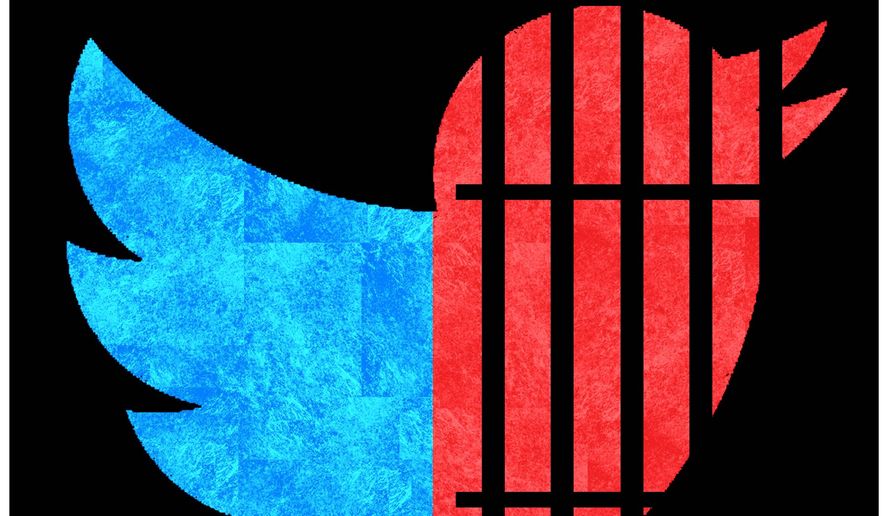OPINION:
A week after moving into the White House, President Biden ordered his minions at the Justice Department to arrest Hillary Clinton’s online antagonist. Douglass Mackey became the first American captured, prosecuted, convicted and nearly imprisoned over a funny picture circulated on what is now X.
Count the 2nd U.S. Circuit Court of Appeals among those unamused by what Democratic operatives did to the self-described internet troll. In a scathing opinion Wednesday, the unanimous three-judge panel, including one of Mr. Biden’s appointees, spent 41 pages dissecting the miscarriage of justice before ordering Mr. Mackey’s unconditional acquittal.
The now 36-year-old jester celebrated by heading to his favorite social media site to post Government Exhibit #720, the felonious image that gave him a seven-month prison sentence. It said: “Avoid the line. Vote from home. Text ‘Hillary’ to 599250.”
A few days before the 2016 presidential election, Mr. Mackey had posted the forbidden illustration under his online alter-ego “Ricky Vaughn.” The account’s profile picture featured a masked man wearing a red “Make America Great Again” baseball cap, which was the first clue that this was not an official advertisement from the Democratic presidential candidate.
The stunt landed Mr. Mackey on the humorless Mrs. Clinton’s bad side, a dangerous place to be.
“A guy who was one of the main people running memes against me in 2016, he went from what you could consider free speech … to running a very deliberate effort to mislead people about where and how to vote,” Mrs. Clinton complained at a Columbia University event in April 2023. “So, it went from speech to action meant to subvert an election because thousands of people they targeted through their algorithms [thought] ‘Oh, I can text my vote for Hillary Clinton.’ Thousands texted their vote.”
These ominous claims were used to justify dispatching 10 FBI agents and police officers to Mr. Mackey’s Florida home at 7 a.m. to drag him away in shackles. Still, as Chief Judge Debra Ann Livingston noted in Wednesday’s ruling, “The government presented no evidence at trial that Mackey’s tweets tricked anyone into failing properly to vote.”
Just about everyone who texted the number expecting an amusing response instead received an automated message from the slightly annoyed number’s owner explaining his company had nothing to do with Mrs. Clinton’s campaign.
The appellate decision goes on to emphasize that Mr. Mackey wasn’t deemed guilty because he uploaded the image but because he did so as part of a supposed conspiracy to interfere in the election. The government established this through the anonymous testimony of someone identified only as “Microchip,” a person Mr. Mackey had never spoken with or met.
“As a result, only online interactions could prove that Mackey participated with Microchip in planning the conspiracy. And the record contains no evidence of such interaction,” Judge Livingston wrote.
At trial, the Brooklyn jury deliberated for two days before giving up, saying, “based on our thorough review of all material by all jurors and active discussion among all jurors, we cannot reach a unanimous decision.” U.S. District Judge Ann Donnelly, an appointee of President Obama, forced them to keep going until they rendered a decision on a record the appellate judges characterized as “devoid of evidence.”
With Mr. Mackey’s name cleared, his next order of business, he says, is to sue the Justice Department for restitution over the considerable time and money he lost defending his liberty against governmental abuse.




Please read our comment policy before commenting.